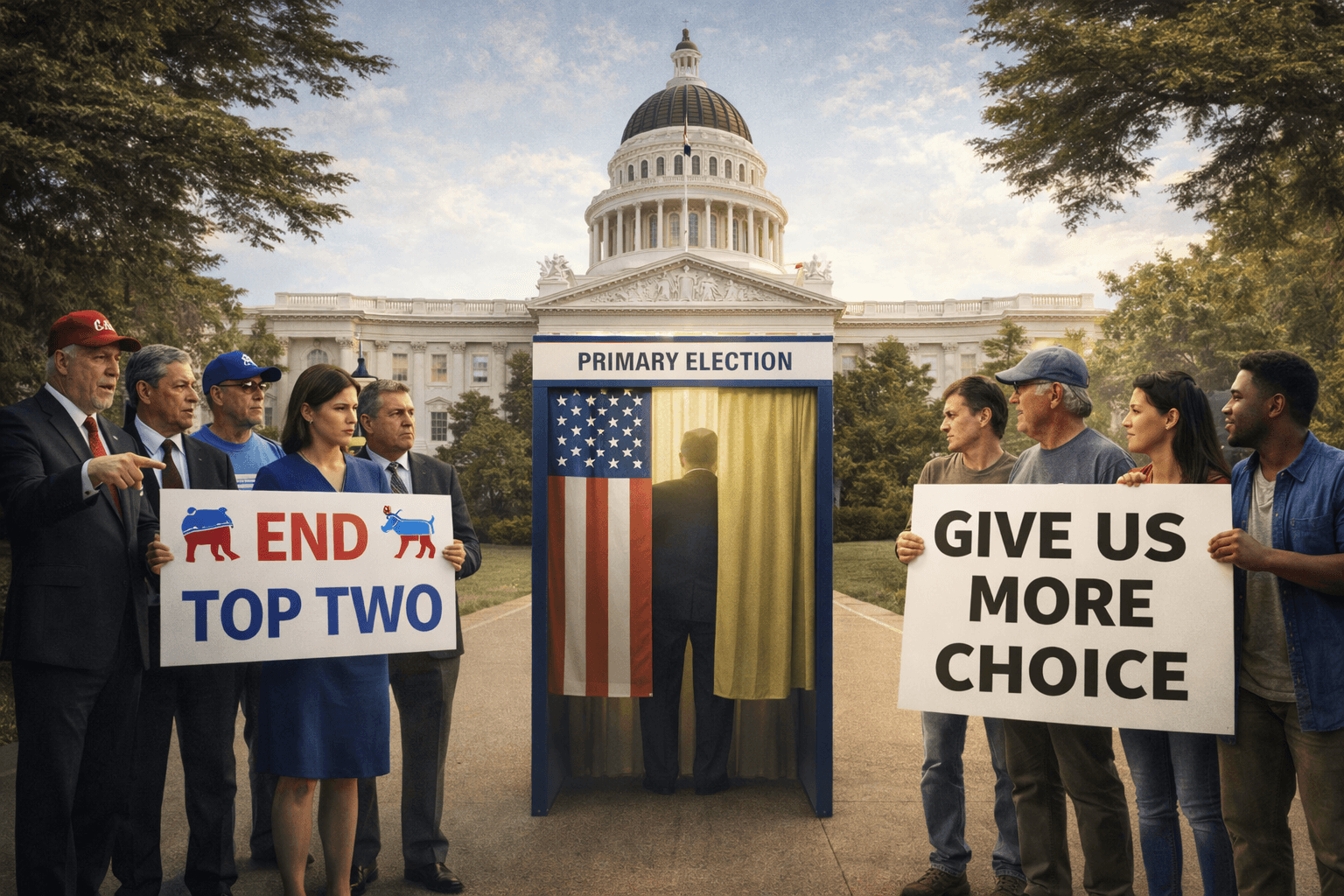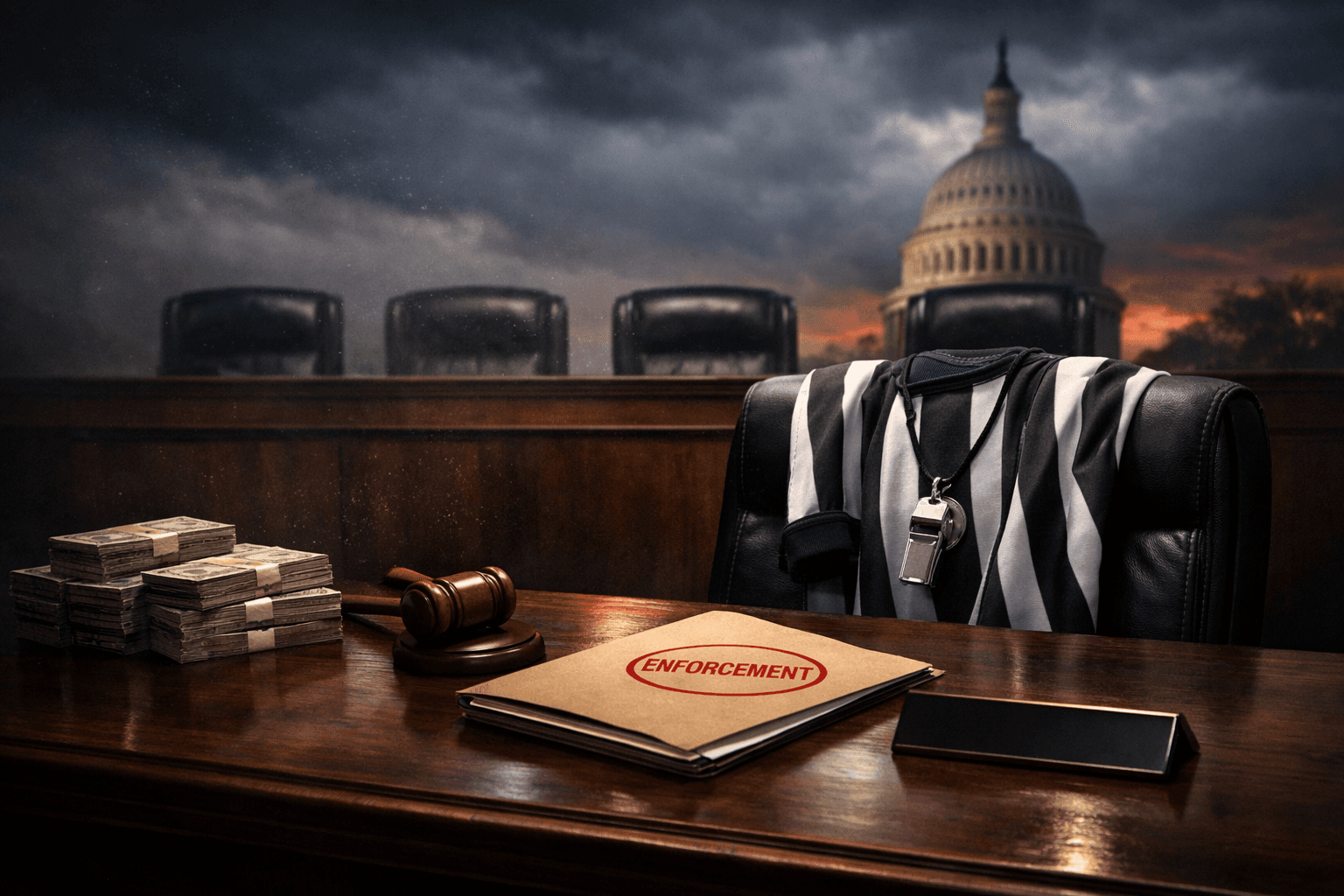In a True Nail-Biter, Alaska Voters Reject Repeal of Top 4 Primary and Ranked Choice Voting

Photo by Kathrine Coonjohn on Unsplash
Two weeks after Election Day, Alaska voters finally know the fate of their election system. The choice before them was keep the nonpartisan Top 4 primary system with ranked choice voting in the general election or go back to partisan control over elections.
And to call this election close is an understatement. It was the closest race in the 2024 cycle, and not just among ballot measures. By 664 votes, Alaska voters rejected repeal of the nonpartisan election model they approved in the last presidential election.
"We are thrilled that Alaskans from all over the state with diverse views and different backgrounds came together to preserve the system that empowers voters to elect representatives that will put Alaska first," said No on 2 Executive Director Juli Lucky and Campaign Chair Lesil McGuire in a joint statement.
"No" on repeal prevailed with 50.1% of the vote. Under state law, any election that falls under a margin of 0.5% is eligible for recount that can be paid for by the state.
This is also the second election in which the reform was on the ballot under Measure 2. And just like in 2020, the near 50-50 split suggests the needle for or against reform hasn't moved much in 4 years.
But -- fewer Alaskans cast a vote on Measure 2 in 2024.
"Once again, voters made their voices heard and, once again, voters approved open primaries and ranked choice voting, a system that honors Alaskans' independence and rewards elected leaders who work together to address the challenges that face our state," Lucky and McGuire said.
Voters in other states have adopted nonpartisan primaries (Washington and California, for example), and in Maine, voters adopted statewide ranked choice voting. However, Alaska was the first state to combine the two reforms.
Together, they created what USC Political Science Professor Christian R. Grose called a truly nonpartisan election.
Under Alaska's Top 4 nonpartisan primary, all voters and candidates participate on a single primary ballot, regardless of party. Voters can choose any candidate they want in each race and the top 4 vote-getters advance to the general election.
Voters can then rank the final 4 candidates in order of preference using ranked choice voting. This not only allows voters to better express their preferences in elections but also avoids a plurality outcome (someone winning with less than 50% of the vote).
If no candidate gets a majority of first-choice selections, an instant runoff kicks in that eliminates the last place candidate and adds their voters' next choices to the tally. An additional runoff round is held if needed to ensure a winner has 50%+1 of the vote.
A majority of Alaska voters approved this election model in 2020 with a coalition of independents, Democrats, and Republicans that Dr. Grose said were attracted to a populist, anti-elite message.
They replaced a closed partisan primary system that allowed only registered party members to participate, despite the elections being paid for by taxpayers. And most taxpayers in Alaska are not registered Republican or Democrat.
60% of the registered electorate in the state is registered unaffiliated of any political party.
It was a process that gave party bosses and aligned special interests outsized influence over election outcomes because they got to choose the candidates for voters every election cycle.
Nonpartisan elections better ensure that voters have a meaningful say in their representation. If parties want to choose or endorse nominees, they can still do that in whatever private manner they want.
Research found that in the 2922 election cycle, the first under nonpartisan voting reform, the winners of major statewide races, like US Senate and US House, not only needed ranked choice voting to win, but a broad coalition of support among voters.
Further, the winners did not fall as close to the ideological extremes as they would under a closed partisan system, with Republican US Sen. Lisa Murkowski winning re-election and moderate Democrat Mary Peltola winning the state's single congressional seat.
Both needed support from Republicans, Democrats, and independents to win.
"Open primaries and RCV weren’t the result of political advocacy for a particular candidate," said Randy Hoffbeck. Hoffbeck is a former commissioner of the Alaska Department of Revenue.
"[T]hey were the answer to a system that was irreparably broken and needed to be reformed to better reflect the independent nature of Alaska’s political landscape." He adds that Measure 2 turns back "the clock to reinstate a broken system."
Ahead of the election, the "No on 2" campaign website featured the results of a November 2022 exit poll that found that open primaries, in particular, had 62% favorability. This might be why the Yes on 2 campaign focused more on ranked choice voting.
Former Alaska Lt. Governor Loren Leman said ranked choice voting was more "complex, obscure and unfair." It is not an uncommon argument to make against the alternative voting method -- saying that it is too complex for voters to understand.
Is it more complex than a choose-one voting method? It requires the voter to do a little more than bubble in a single choice or press a single button on a voting screen. It is more complex in the same way cooking at home is more complex than ordering out.
But even that is an exaggeration.
It requires voters to do a little extra to more fully express their preferences on the ballot. And once voters have a chance to use it, research and exit polling shows they understand it better than critics think.
The McKinley Research Group found in April 2023 that as many as 85% of voters who participated in the 2022 midterms found ranked choice voting to be at least somewhat simple to use. And that was the first use.
Those who sought repeal never intended to give the new system a chance to cook and see how satisfied voters really were with it because their motives weren't about voters. They were about their own self-interests to return to a system they controlled.
And while the vote was close, a majority of Alaskans indicated that they want to give the new system a chance to deliver the choice, competition, accountability, and representation reformers when they first proposed nonpartisan elections in 2020.
 Shawn Griffiths
Shawn Griffiths







